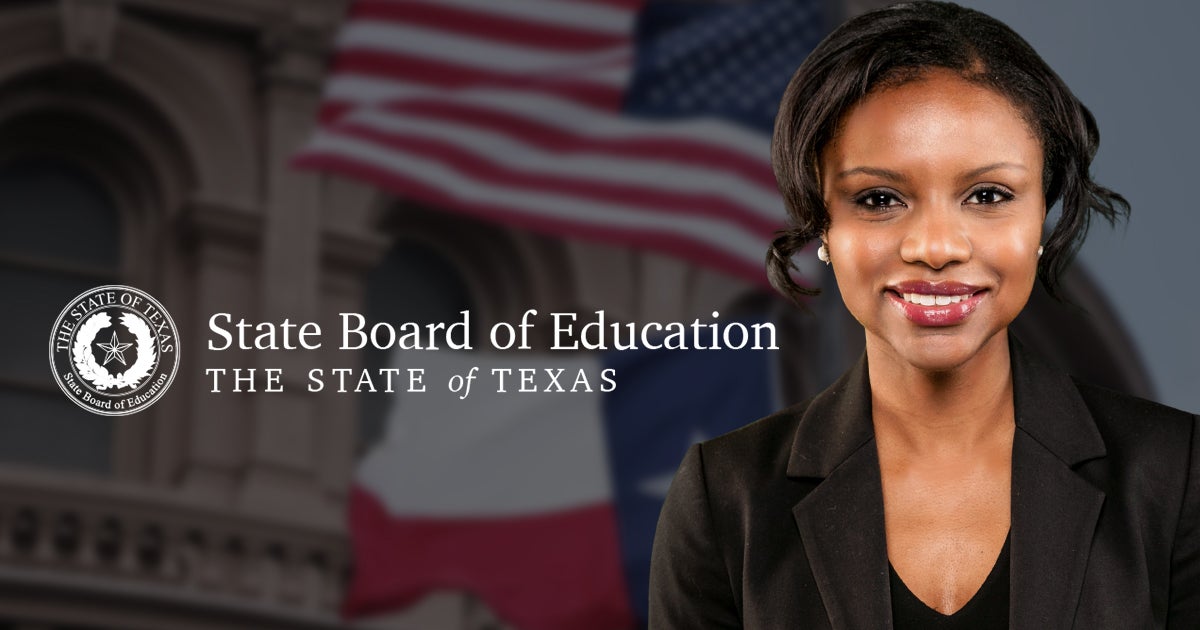
by Jorge Gomez • 2 minutes
First Liberty Senior Counsel Keisha Russell testified before the Texas State Board of Education this week. The hearing focused on a proposed reading curriculum that includes Biblical and religious references.
If approved, the curriculum would be available for public schools to roll out in August 2025. Schools will not be required to use the curriculum. But a measure approved by lawmakers last year will offer more money to public school districts that do choose to adopt any of the material, with up to $60 per student in additional funding.
Keisha explained in her testimony that including religious content in public education is constitutional, despite arguments claiming the curriculm violates the Establishment Clause. She explained that the curriculum does not coerce students to adere to a state-sanctioned religion, citing the Kennedy v. Bremerton School District case.
You can watch Keisha’s testimony here. Her remarks run from 5:10:00 to 5:29:00.
In Kennedy, the Supreme Court overruled a 50-year-old precedent known as Lemon v. Kurtzman, which wrongly held that government action that lacks a secular purpose, advances religion, or entangles the government with religion violated the Establishment Clause. Cases grounded in Lemon’s framework may no longer be controlling, as the Supreme Court overturned Lemon and with it, decades of subsequent rulings based on that decision.
Opponents argue that including religious references in public education is coercive and an attempt to force religion on students. But school districts are being given the option whether to include the curriculum. Additionally, in Kennedy, the Supreme Court rejected the notion that the mere presence of religious activity is somehow coercive. Instead, the Court found no coercion “where there is no evidence anyone sought to persuade or force students to participate.”
Gov. Abbott last year signed House Bill 1605 into law, directing the Texas Education Agency to create its own free-to-use textbooks to help teachers with planning their classes.
“The materials will…allow our students to better understand the connection of history, art, community, literature, and religion on pivotal events like the signing of the U.S. Constitution, the Civil Rights Movement, and the American Revolution,” Abbott said in a press statement.
Texas Education Commissioner Mike Morath told The Washington Post that the curriculum is designed to give students a better and well-rounded education that teaches them how religious texts impact the world, history, language and other core subjects.
“There is content, where relevant, that provides information on various religious traditions,” Morath explained. “For example, as students learn about Ancient Greece, they will also learn about the religion of the Greeks. Students will learn about aspects of most major world religions. Content does not include religious lessons as one would find in a religious school, and instead is designed to provide background knowledge and vocabulary to ensure our students can reach high levels of academic proficiency and comprehend great literature.”
“If you’re reading classic works of American literature, there are often religious allusions in that literature,” Morath added in an interview with The 74. “Any changes being made are to reinforce the kind of background knowledge on these seminal works of the American cultural experience.”
The State Board of Education will vote on the curriculum in November.
Read More:
Washington Examiner: Texas releases elementary reading instruction with biblical references
Fordham Institute: In support of Texas’s plan to include Biblical references in its English curriculum
Texas Tribune: Texas education leaders unveil Bible-infused elementary school curriculum
KERA: Bible-inspired lessons in Texas public schools? State education board to hold hearings
The Texan: Texas Education Agency Releases New State-Owned English, Math Instructional Materials
Texas Education Agency: Materials Review and Approval Resources